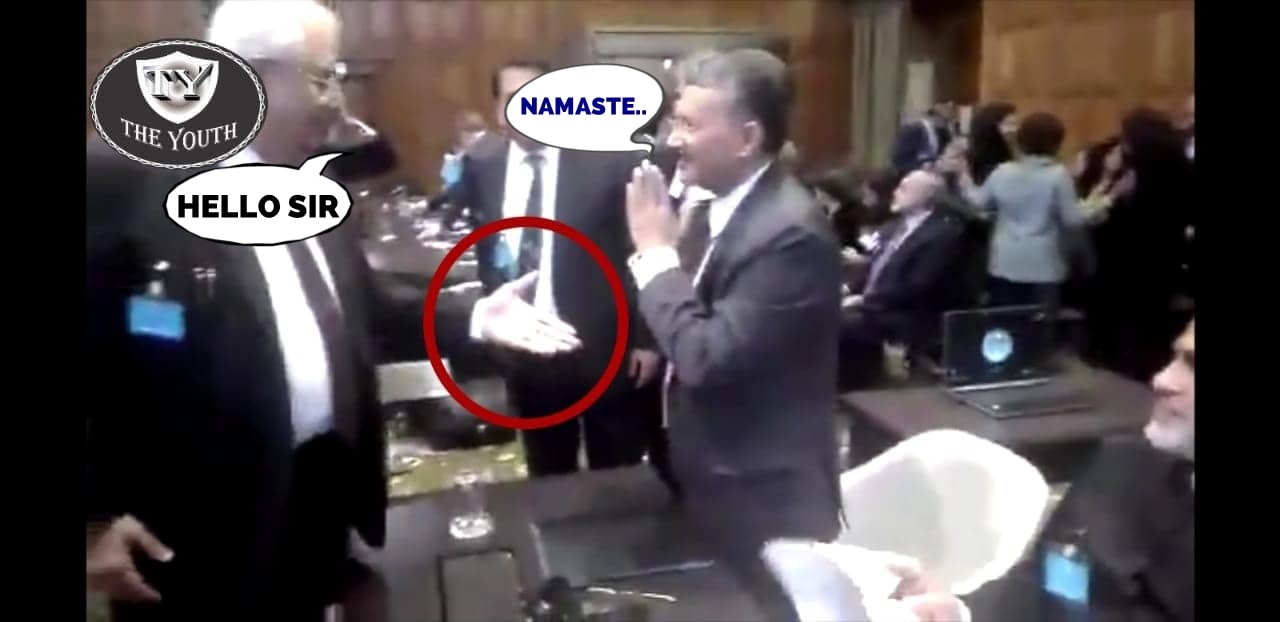No products in the cart.
Story of William Jones, who translated Sanskrit Literary Works of Kalidas into Latin
It is no less interesting, nor is it too surprising that a world-acclaimed president and an artistic director of Vienna Boys Choir – Mr. Gerald Writh of Austria is going to guide “Shillong Chamber Choir”, Meghalaya, to be more operatic. But what is a very proud fact is that their new project this time is the performance of an opera based on Abhijnana Shakuntala. Needless to say, this play proclaims itself to be one of the literary brilliance of the East. Probably authored between 4th century to 5th century CE by Mahakavi Kalidasa, this Sanskrit drama, soon after its translation into Latin by Sir William Jones in 1789, had won the fascination of the most of the top European scholars. Based on the story of just a fraction part of Mahabharata, it bears the rare attributes less known to the western world. So much so that many critics stood up challenging Aristotelian dramatic theory as they discovered the eastern literature with more literary adornments and philosophy.

To what extent Sir William Jones had been able to render this play from the language which he had just learned from a person who did not know English is quite astonishing fact. But, however, a very scholarly linguist, Sir Jones learned the oldest language of the world with a steady mind and determination. And, many believed this snap opened the doorway to hitherto less known Eastern wisdom.
True, when he had first begun to study this play by Kalidasa it had occurred to Sir William Jones that this drama might “dwarf” other literary work of the European scholars. The conviction instantaneously inspired the British linguist to translate this brilliant tale of romance first into Latin. Without further ado, he had taken it upon himself the challenge of the translation. Not very long after the publication the book captivated the imagination of many front-ranking scholars of Germany, Britain, Italy and French. The rational romantic thinkers who had not been fettered by the shackles of the prejudice and prevailing dogmas had burst out their passionate applause for the aesthetic beauty of the play. Immediately after two years, in 1791, another noted scholar George Forster translated this play again into the German language. Forster hastened himself to present his translation to a prominent philosopher and critic of the time Johann Gottfried Herder. After having immersed in the play Herder was literally lost for the words in reverence for the literary riches of India.
He remarked – the West seems “narrow and cold” in comparison to the India literature. Herder further quipped in praise of Shakuntala “I cannot easily find a product of the human mind more pleasant than this, a real blossom of the Orient, the first and the most beautiful of its kind…, something like that, of course, appears once every two thousand years…”. So, Herder got much impelled to introduce the book to the literary giant of the era – Johann Goethe. The father of the German literature was so deeply enthralled by this Sanskrit drama that he decided to learn the language himself. Unsurprisingly, Jone’s English edition of Shakuntala became a household name among the literary figures and it got reprinted five times between 1791 to 1807. Shakuntala was adapted for plays, operas and ballets whole across Europe.
Well, there is a very significant disclosure made by the father of German literature when another French Scholar Antoine Leonard de Chezy presented Goethe, probably in the year 1830, with his French edition of Shakuntala. In a letter of gratitude to Antoine Chezy, Johann Goethe opened up himself before European world: “The first time I came upon this inexhaustible work, [Shakuntala] it aroused such enthusiasm in me and so held me that I could not stop studying it. I even felt impelled to make the impossible attempt to bring it in some form to the German stage. These efforts were fruitless but they made me so thoroughly acquainted with this most valuable work, it represented such an “epoch in my life”, I so absorbed it, that for thirty years I did not look at either the English or the German version. It is only now that I understand the enormous impression that work made on me at an earlier age.”
While the intellectuals like Goethe, Herder, Heinrich Heine, Schiller, Habbel,… passionately lauded Indian drama, even by writing poems, Friedrich Schlegel, one of the pioneers of German romanticism, exclaimed with conviction “India is superior in everything – intellectually, religiously…, even Greek heritage seems pale in comparison”.
Best of luck to Shillong Chamber Choir of Meghalaya. Hope this musical project will be instrumental in inspiring the people across the country to shed their past prejudices against India and her riches. One should not berate his own Mother while admiring others. This India is abundant with literary riches which basically have universal wisdom. Would it not do the world of good if we get down to study with seriousness the literature of our own home country first — with the equal fervor and faith as we study Odyssey, Iliad, Macbeth, Paradise Lost, and Harry Potter. Let’s bask in the brilliance of the real Sun instead of being led astray by a flickering flame of a candle.
– Salil Gewali, Shillong
Email: sgewali1@gmail.com











